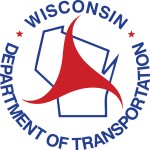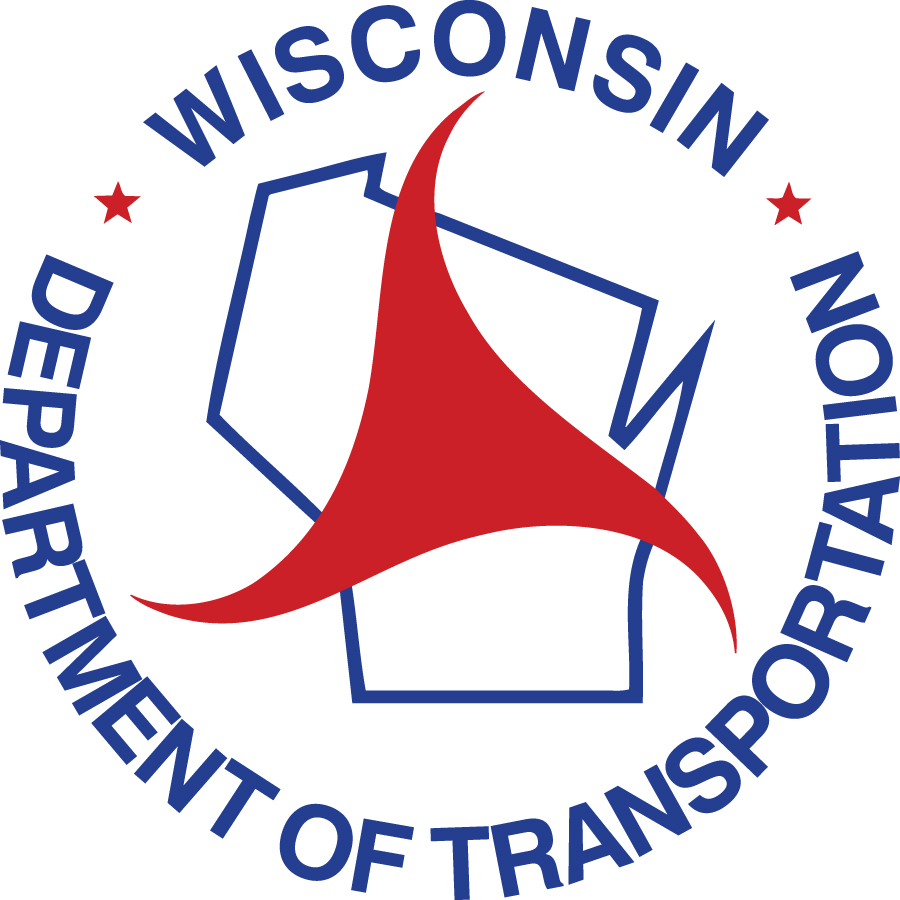Dangerous cold can enhance conditions for black ice
Along with extreme cold, blowing snow and bitter winds, add black ice to the already dangerous driving conditions.
Black ice is a thin layer of highly transparent and hazardous ice that forms as melting snow refreezes on roads and bridges. The road may appear wet, or look as if there’s no hazard at all.
Black ice tends to occur most commonly overnight and in the early morning as pavement temperatures drop, but the Wisconsin forecast through Friday morning makes black ice a daytime possibility as well. This is because of blowing snow and the potential for shorter-term freeze-thaw cycles as vehicle exhaust or sunlight heat driving surfaces before bitter winds freeze the moisture.
Crews have been out treating the roads. Rock salt typically takes longer to gain effectiveness and melting power in the extreme cold.
The Wisconsin Department of Transportation advises motorists to slow down, give additional space to other traffic, and take additional time to stop – or avoid travel if possible. Motorists should be especially cautious at traditional black ice trouble spots such as underpasses, within the shade of trees, at intersections or on interchange ramps.
Additionally, WisDOT provides tips on driving in bitter cold weather.
- Know the current road conditions, check 511wi.gov for the latest updates
- Keep the vehicle’s gas tank full
- Have an emergency kit
- Have extra layers of winter clothing
- Inform others about your route and expected travel time
- Clear snow and ice from vehicles prior to traveling
If you become stranded, Wisconsin State Patrol offers these tips:
- Stay calm, stay buckled. It’s generally safest to stay buckled up inside your vehicle. Along with protecting you from the elements, your vehicle offers protection if other vehicles slide out of control. Getting out of your vehicle and walking near a highway is dangerous any time of year.
- If possible, call 911 on your cell phone. Be ready to describe your location and situation. Follow any instructions. You may be told to stay where you are until help arrives.
- Resist the urge to get out of your vehicle and shovel or push your vehicle free. Overexertion can greatly complicate your situation, and being outside your vehicle exposes you to dangers.
- If necessary to stay warm, run your vehicle’s engine for brief periods (make sure the exhaust system is working properly and not blocked by snow). Using portable heaters inside vehicles or other enclosed spaces can be dangerous.
- Keeping your dome light on during low-light conditions can make it easier for rescue crews to find you.
View this document online at the WisDOT Newsroom at: http://wisconsindot.gov/Pages/about-wisdot/newsroom/default.aspx
NOTE: This press release was submitted to Urban Milwaukee and was not written by an Urban Milwaukee writer. While it is believed to be reliable, Urban Milwaukee does not guarantee its accuracy or completeness.
Mentioned in This Press Release
Recent Press Releases by Wisconsin Department of Transportation
Frozen Road Law Covers All Zones in Wisconsin
Feb 5th, 2026 by Wisconsin Department of TransportationLaw increases weight limits for log haulers, transport of road salt/sand






















